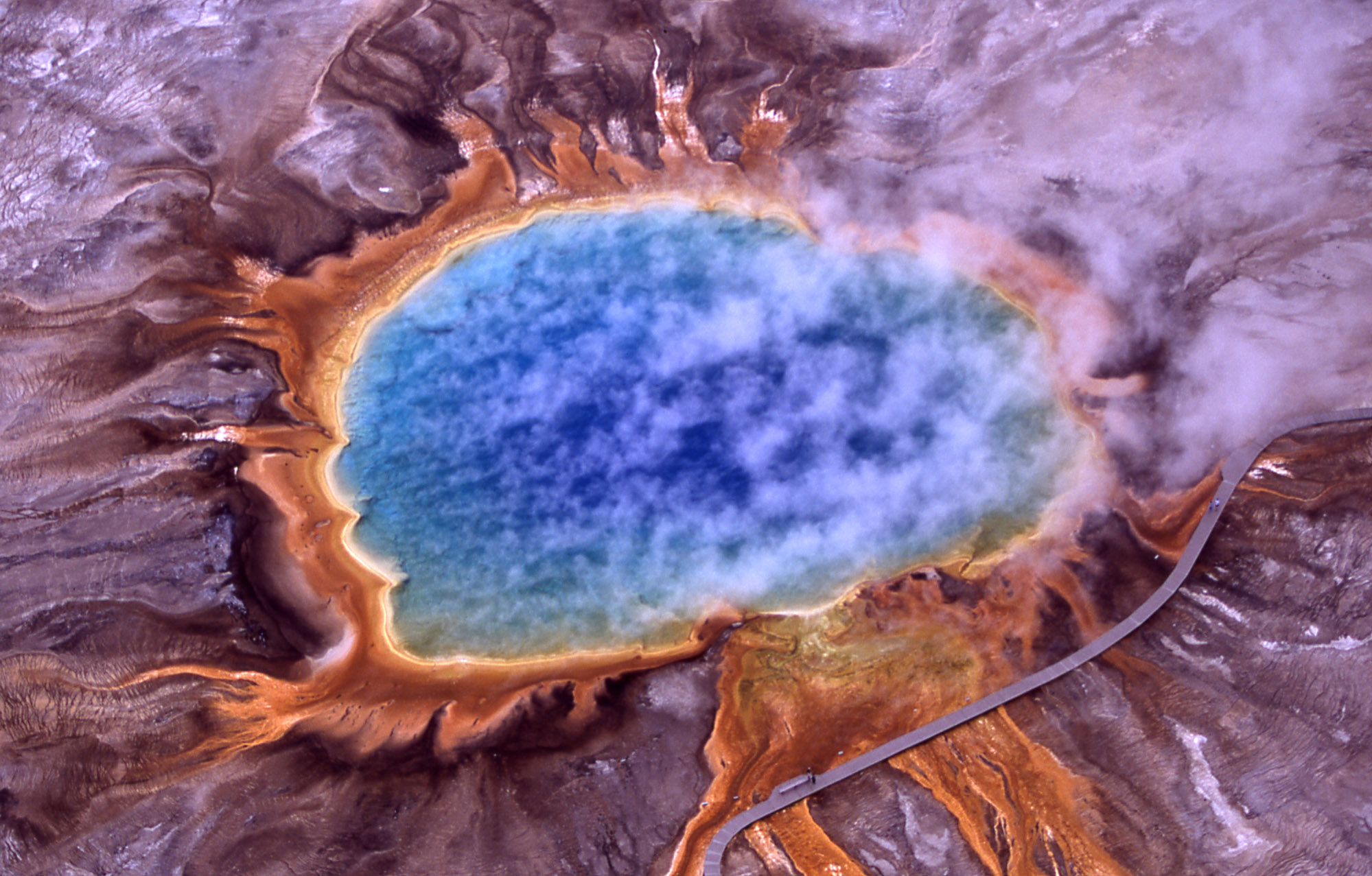hahahaha well often an ugly chick just looks a bit too manly, so your in with a good chance if your gay??! lol
yeah... telling the difference can be even more difficult in the gay scene, sorta makes one realize how much gender is constructed and social. thankfully these days i'm usually only drunk in public during football games!
Firstly let me get the gushing out of the way.
Great topic Dystopic , threads like this are what make the internet great.
well, thank you! i think the regular participants would agree (i know a couple have said regularly how much they enjoy this forum thread).
And chaired with aplomb. Bravo.
bravo to you too! i had to look up 'aplomb' -- nice word! i work in an academic setting, and a number of the course topics touch on very sensitive issues (abortion and eugenics, environmental change and global warming, the unintended consequences of Western/post-industrialized lifestyles, etc.). one thing i've learned is that it's important to maintain respect for others: no one learns anything when everyone just yells at one another.
Iirc the light from the sun is a bit green, which lead through various steps (apparently) to plant life being green. Early photosythetic life utilised and absorbed the green high energy light from the sun (making them look purple). The oxygenic photosythesisers which evolved later (and lower in the sea) had only purple light left to use causing them to look green.
i haven't found anything to support that directly

i remember reading that our sun's light is white with a slight yellowish hue. and i just found
this article on wikipedia that's nicely informative. the major variant seems to be the type of pigment the photosynthetic life form uses. the major ones seem to be
chlorophylls (which absorb red and blue best),
carotenoids which absorb blue), and
phycobilins (which absorb red through green). check out this awesome picture i found:

(caption from wikipedia: "The orange ring surrounding Grand Prismatic Spring is due to carotenoid molecules, produced by huge mats of algae and bacteria.")
who needs alien worlds when you can just look around on Earth and be amazed?
the color of a photosynthetic life form has to do with what spectra it
doesn't absorb. purple (magenta) light is a mix or red & blue light, and it seems most photosynthetic life can absorb at least one of those two colors. though they did mention that green-efficient phycobilins can be found in deeper sea life where green light is more abundant, so perhaps it could be found there.
That was a bit of a tangent but what I was getting at was how different would society be if everything was different colour? How much meaning or significance could "Englands green and pleasant land" have if you've only ever known orange trees? What if Red, White and Blue became Red, Pink and Black due to higher intensity red light and not much blue? Possibly not much in the short term but after just a few generations how much affinity would you have with people who quite literally dont see things the same way you do?
i never fear tangets! and writers actually benefit from them greatly - you never know when a tangent will develop into a truly interesting story mechanic. this is something i think we touched on earlier when we were talking about genes and physiology. i pointed out that it'd be theoretically possible to develop eye pigments that'd absorb infrared, allowing people to see heat, as well as UV (as some birds have now). however, i'm not sure the mechanic you proposed would be ideal. most stars give off at least some light across the spectrum. calling a star "red" or "blue" really means it's got slightly more red or blue, and most depictions of stars with color are chormatically dramaticized.
but atmophere could play a huge role on the availble light on the surface of a planet. one thing i love about speculative fiction is exploring how small changes can lead to big consequences.
The "Motherships" -I'm using that term as its easy, if you have one you'd prefer let me know- themselves may well have a fairly different outlook than Earth implanting diversity from the start.
no qualms about the term at all, and this point definately relates to something i want to explore in this fictional universe: bioethics. i could imagine some groups of people holding on to their DNA sequence as something that makes them essentially human, while others would be more than willing to manipulate their own evolution - and under which social and enviornmental conditions one or the other would occur.
Dystopic, I'm impressed by the breadth of your vision for these works please let me know when the books out, I'd definatly like a read.
thanks again! you're very gracious. i think it'll be some time before anything novel-length will be publishable, but i'm thinking about doing some short stories in this universe as well. another thing that's occured to me is inviting this group to participate in the critiquing process. specifically i've thought about setting up a website where people can read and respond to my work in progress - after acquiescing to a digital non-disclosure agreement

nice to meet you Ben!

